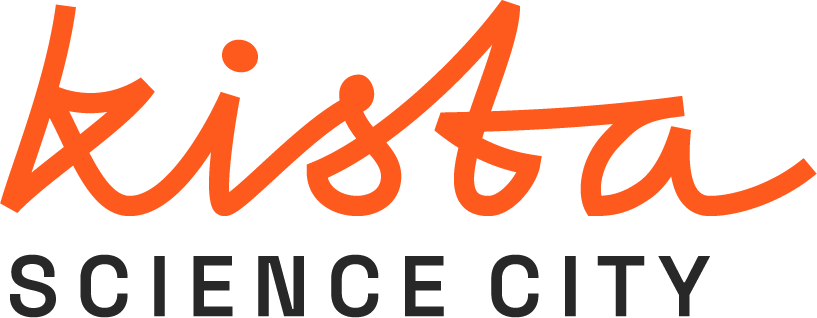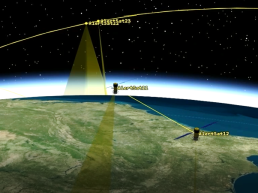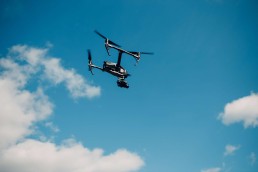Mention the concept of space technology, and interplanetary tourism or moon-based cities may be the first things that spring to mind. But much of contemporary operations in space tech, globally, are focused on observing and monitoring our own planet. Smaller-sized electronic and optronic components have made space tech less expensive, and with edge computing capabilities, massive amounts of earth data, gathered via satellites, can even be processed in orbit.
Kista is home to a number of start-ups and well-established businesses developing solutions for space-based communications and satellite components. In November 2022, OHB Sweden, a former subsidiary of Swedish Space Corporation, and one of the larger players in Kista’s space tech cluster, successfully launched the satellite MATS (Mesospheric Airglow/Aerosol Tomography and Spectroscopy), which is going to measure atmospheric waves and study their impact on the earth’s climate. While MATS is a research satellite, the really big change in space tech is the move toward commercial offerings.
New constellations in rocket science
Satellite-based earth observation is already used in a multitude of applications and business opportunities are growing. One of the space tech start-ups in Kista taking advantage of this shift on the global market towards commercial space-based services is PandionAI. They moved to Kista from Uppsala some 18 months ago. Christer Andersson, one of the company’s co-founders, explains that being a small company—they are three full-time employees—having an office located near other companies in the same field is definitely a benefit to their business.
– A lot of research goes into the development of our satellite constellation and our alert service, of course, says Christer Andersson. We have funding from ESA Business Incubation Centre, Swedish National Space Agency, the ESA Artes BASS program and Vinnova, but R&D resources are scarce. Having our office close to KTH Space Centre here in Kista means that we have been lucky enough to have a number of KTH space tech students and researchers working with us to complete our mission.
– Our concept, explains Christer Andersson, is offering AI-based image interpretations of the earth’s surface, and our customers can subscribe to the data they need for a specific geographic area. Our satellite constellation, AlertSat, will be launched incrementally from late 2025 and onwards. It will provide a global surveillance system, based on small earth-observing satellites, which will provide end users with timely and accurate information that they can use to act on. This information, called Alerts, is based on the changes that satellites detect in orbit from the image data they receive.
– We will launch our own satellite constellation for AlertSat, and I believe that so far, we are the only commercial company in Sweden to have this approach. We will not be building all parts of the satellites ourselves, though, and that is another reason for why we need to work closely together with other companies, with other areas of space tech expertise. Small companies are often experts at one particular aspect of the technology needed, and we will all benefit from helping each other move forward, Christer Andersson concludes.
On a mission to collect space garbage
Many current services relying on satellite information are used for monitoring the health of the earth’s environment. But, with an increasing number of years of human activity in space, even space itself, close to the earth, is starting to be affected by our debris. So much so, that a mission called ClearSpace was founded in 2018, in an attempt to remove debris orbiting the earth, introducing a sustainable approach to space activities. OHB Sweden is part of this initiative, contributing the design of a propulsion system for a satellite which will help remove objects left in orbit.
For many years, equipment has been launched into space with no requirements on how to dispose of these objects as they become obsolete or worn out. The result is that around 36,000 pieces of space garbage are now orbiting the earth, according to ESA—and that is not counting the really small pieces of space tech trash, threatening to crash into spaces vessels in use and damage them.
The demand for services based on satellites supporting sustainability and environmental monitoring is clearly presenting new business opportunities, and as space litter is becoming an increasing problem, those opportunities are likely to expand into space.
Related Articles
December 9, 2025
Understanding online risks: Lisa Kaati’s research at DSV in Kista
The boundaries of conflict are shifting. Today, national security isn’t just…





